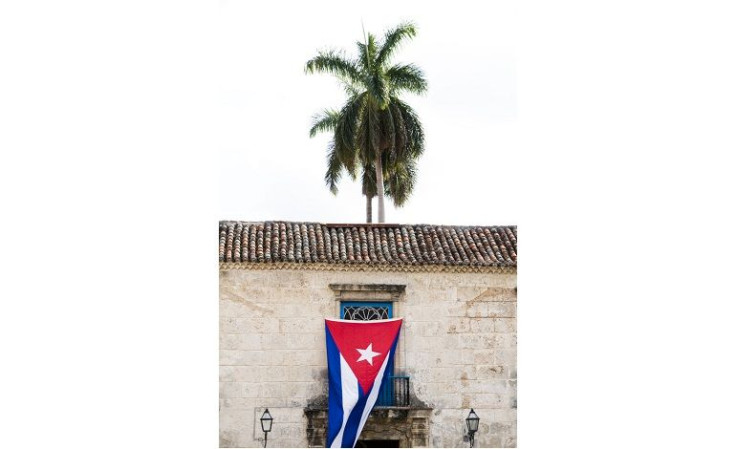
While Cuba is located less than 100 miles (160 km) off the Florida coast, the United States and the island country have had no diplomatic relations since the 1960s. A permanent embargo was issued on Feb. 7, 1962 by President John F. Kennedy in response to Fidel Castro's government seizing private land and taxing American products. In the 1980s, Castro allowed Cubans who wanted to leave to exit the country via the Mariel Harbor. Over the course of a few months, over 100,000 Cubans made their way to the United States -- Castro also released criminals and mental-hospital patients.
Suffice to say, the relationship between the two countries has been a tumultuous one. Most recently, the U.S. government was under fire for reportedly creating a social media network similar to Twitter, called ZunZuneo, for Cuba in order to secretly undermine the Cuban government. According to the Associated Press, who obtained over 1,000 pages of documents about the project's development, more than 40,000 of 11.27 million Cubans subscribed to the project at its peak. The goal of ZunZuneo was to become mainstream and popular, at which time the operators that ran it would start sending political content to get Cubans to coordinate "smart mobs," which according to USAID documents would "renegotiate the balance of power between the state and society."
In this political context, the findings by a Florida International University survey comes as a surprise as it found that 52 percent of Cuban Americans in the Miami-Dade County oppose the embargo against Cuba. (Note: The statistic drops to 49 percent amongst registered U.S. voters.) What's more, 68 percent of the 1,000 people surveyed were in favor of diplomatic relations with Cuba and 69 percent were in favor of lifting the travel restrictions for Americans.
Other findings include: 81 percent of registered voters said they would support a political candidate that would end the embargo and replace it with more political pressure on the government over human rights issues; 63 percent are in support of keeping Cuba on the United States' annual list of state sponsors of terrorism; and only eight percent of young Cuban Americans between 18 to 29 support the embargo.
While the sample size of the survey is relatively small -- and as such, may not be reflective of the 1.8 to 2.2 million Cuban Americans living in the United States -- the poll is said to only have a margin of error of 3 percentage points. Funding of the survey was provided by a Democratic-leaning consulting firm based in Denver, Trimpa Group, and Open Society Foundations.
© 2025 Latin Times. All rights reserved. Do not reproduce without permission.




